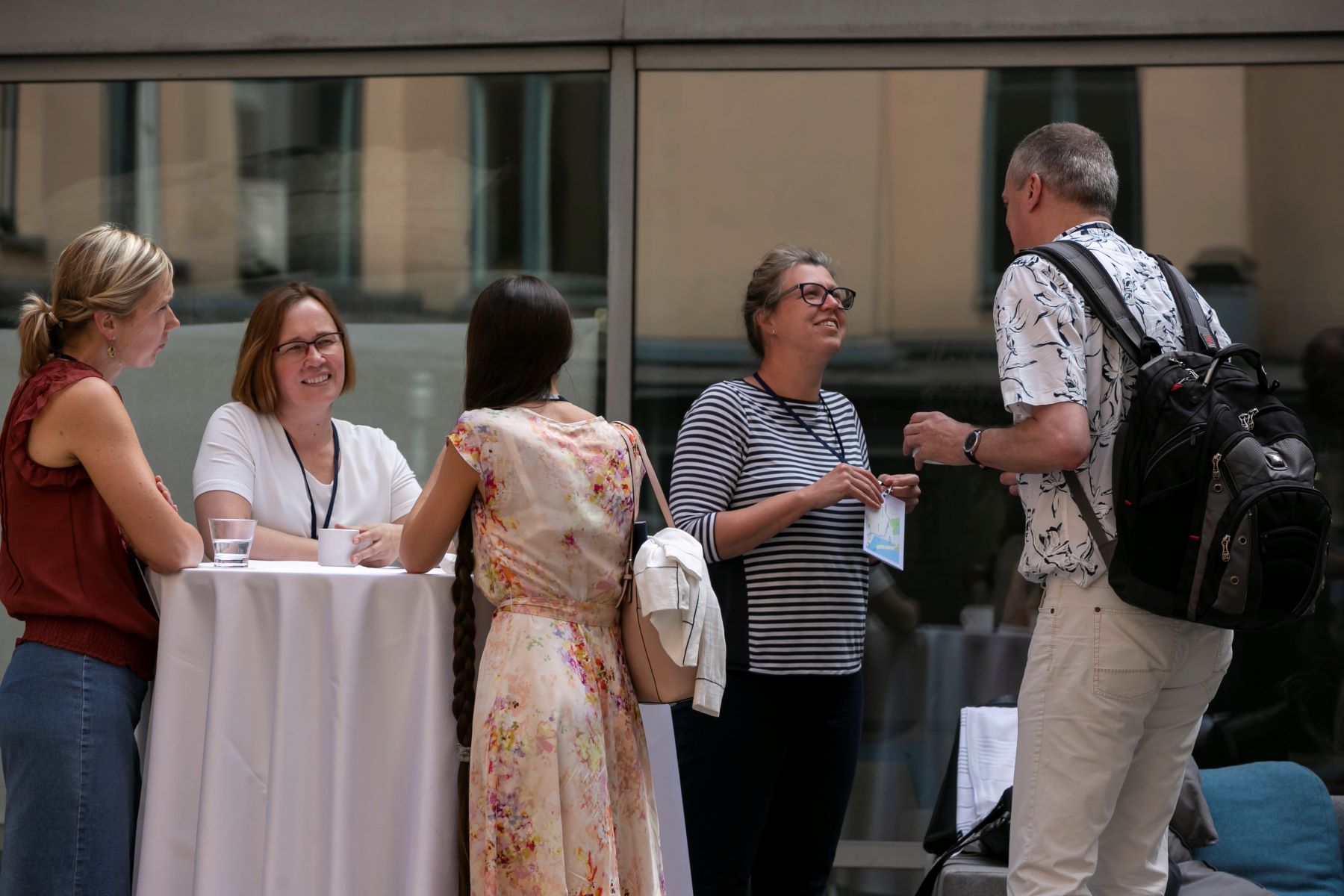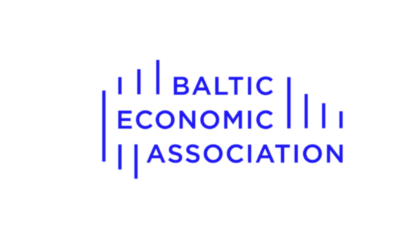We are pleased to invite you to the next BEA’s Online Research Seminars and are pleased to welcome Dainis Zegners (Rotterdam School of Management, Erasmus University). Dainis is Assistant Professor at the Department of Technology and Operations Management at the Rotterdam School of Management (RSM), Erasmus University. Dainis’s research focuses on how firms manage information asymmetries on digital platforms and online marketplaces. He examines this question in the context of media markets such as the e-book market and online news using both economic modelling and empirical techniques such as machine learning and text mining. Dainis holds a Ph.D. and in Management from LMU Munich and a Diploma (equivalent to M.Sc.) in Economics from the University of Bonn. Before joining the Rotterdam School of Management, he was Assistant Professor at the University of Cologne.
More about the speaker: https://sites.google.com/view/dainiszegners/welcome
Speaker: Dainis Zegners (Erasmus University)
Title: Cognitive Performance in the Home Office – Evidence from Professional Chess (with Steffen Künn and Christian Seel)
Abstract: During the recent COVID-19 pandemic, traditional (offline) chess tournaments were prohibited and instead held online. We exploit this as a unique setting to assess the impact of moving offline tasks online on the cognitive performance of individuals. We use the Artificial Intelligence embodied in a powerful chess engine to assess the quality of chess moves and associated errors. Using within-player comparisons, we find a statistically and economically significant decrease in performance when competing online compared to competing offline. Our results suggest that teleworking might have adverse effects on workers performing cognitive tasks.
Date: Thursday, February 25
Time: 16:00 Vilnius, Riga, Tallinn
Join Zoom Meeting
https://sseriga-edu.zoom.us/j/82523759398?pwd=R0UrU1JNZ3VKcmdIZmZZMTAyWUhTZz09
Meeting ID: 825 2375 9398
Passcode: 063832

